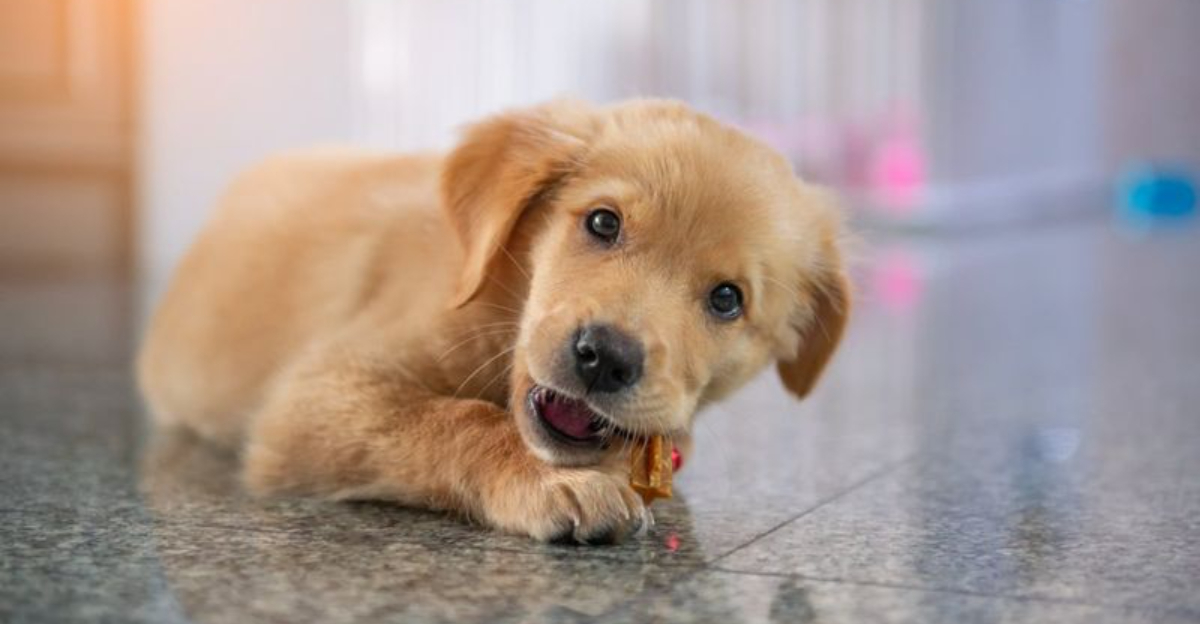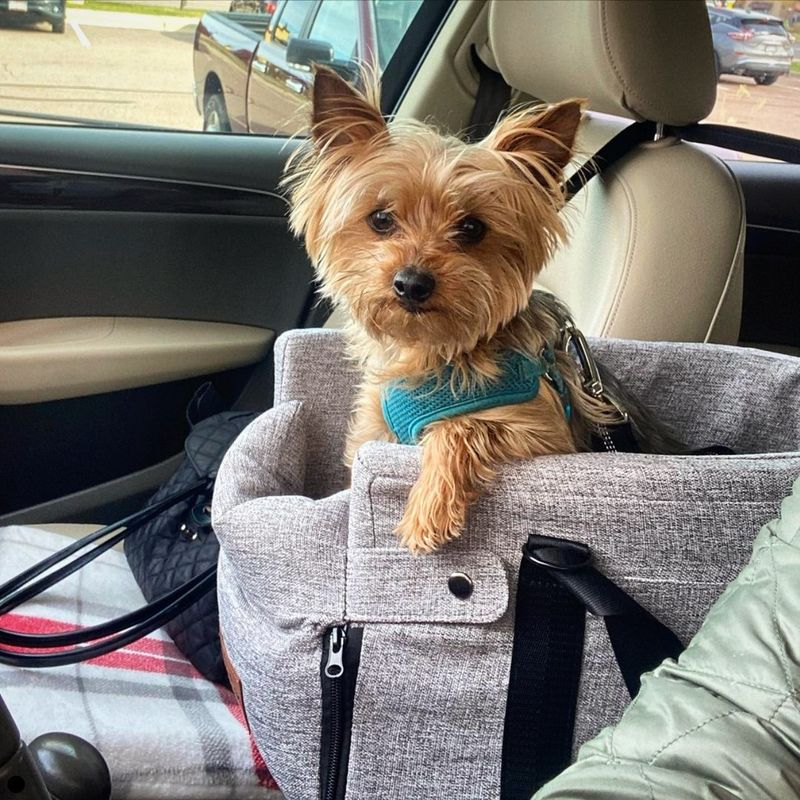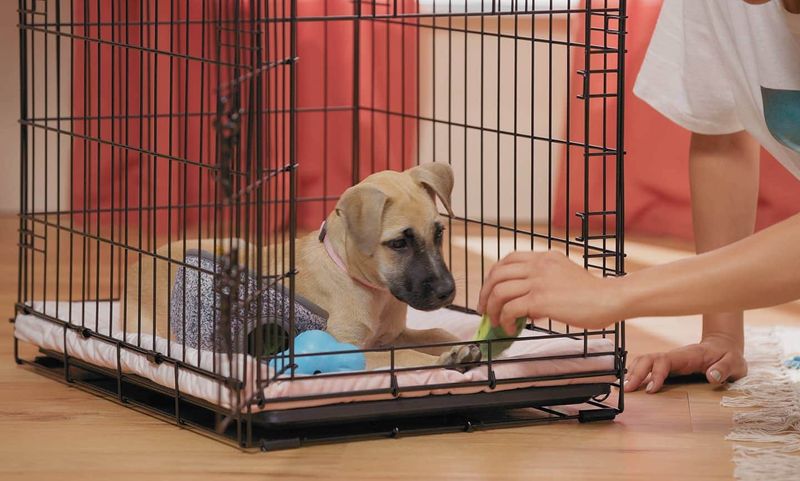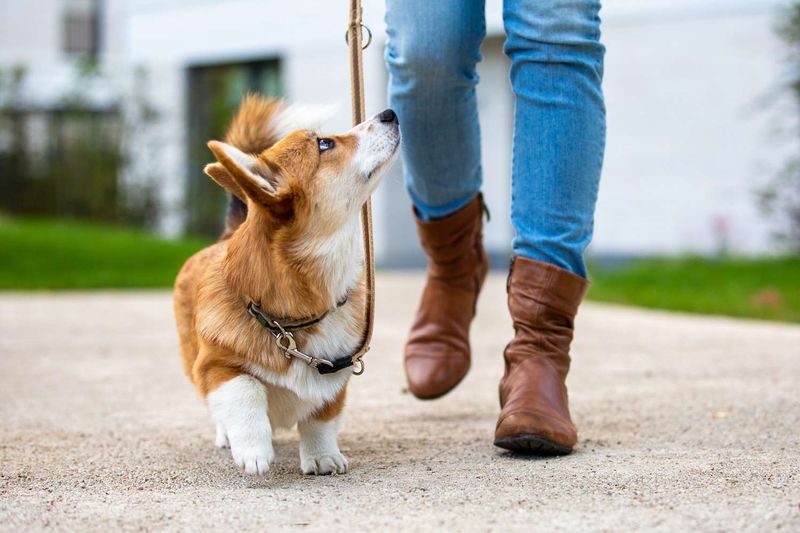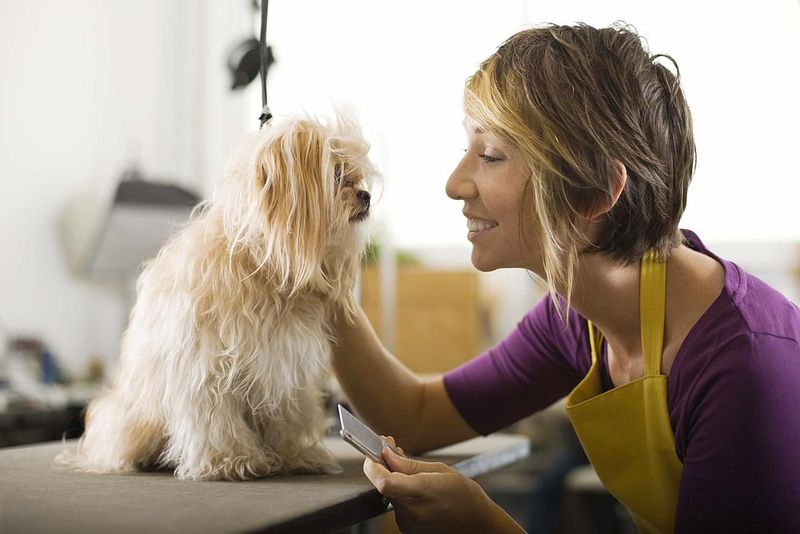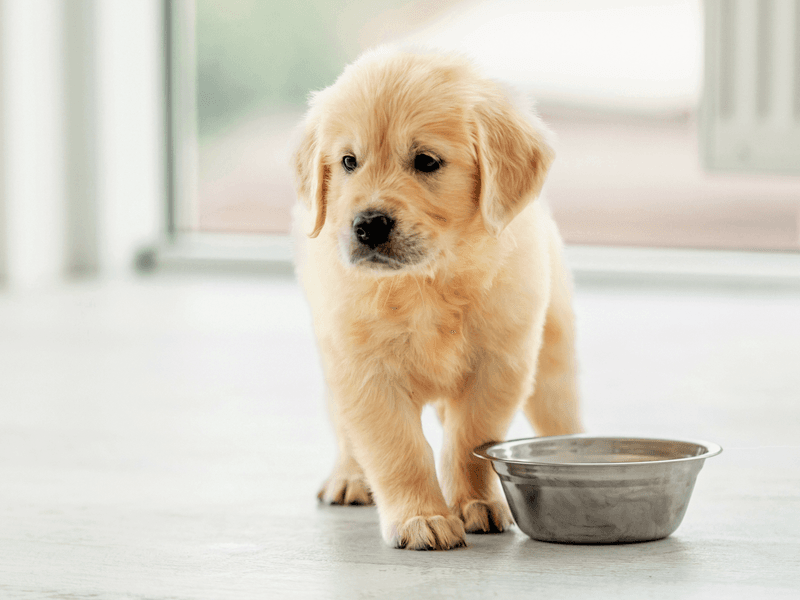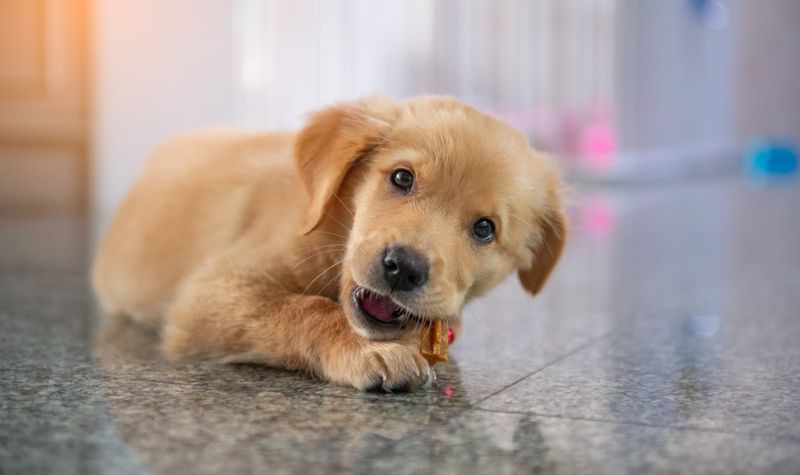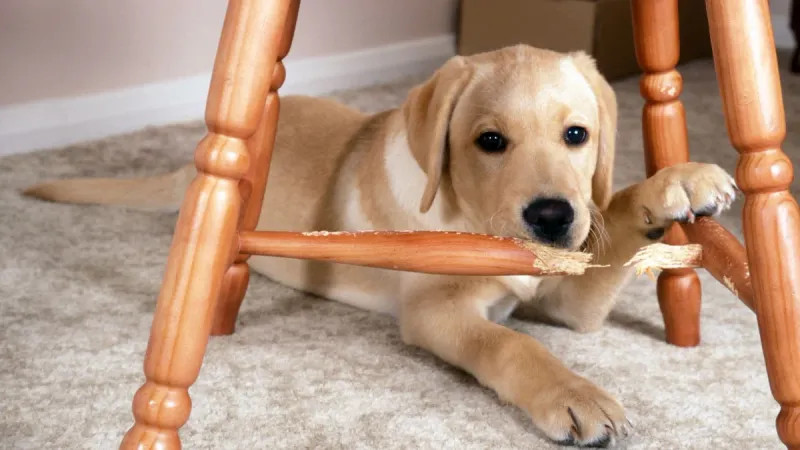📖 Table of Content:
Raising a well-mannered and happy pup starts with patience, love, and the right training. The first two years are a critical period where puppies are most receptive to learning and developing lifelong habits. Instilling essential lessons early not only strengthens your bond but also ensures your pup grows into a confident and well-adjusted adult.
Key lessons such as socialization, recall, and leash manners set the stage for positive interactions at home and in public. Teaching basic commands, boundaries, and proper behavior around people and other pets promotes safety and harmony. Consistent training during this formative period helps prevent unwanted habits and encourages good conduct.
Let’s cover 9 vital lessons every pup should learn before they turn two! By focusing on these foundational skills, you can cultivate a well-rounded, obedient, and joyful companion. The journey may take time, but the rewards of raising the perfect pup are lifelong.
1. Socialization Skills
Critical for raising confident and friendly dogs, socialization during a pup’s early months lays the foundation for their development. Expose them to various environments, people, and animals to help reduce fear and anxiety. Introducing different sights and sounds, from vacuum cleaners to car rides, encourages adaptability and builds their comfort in new situations.
Organize playdates with other vaccinated dogs to enhance their social skills. Remember, positive experiences are key. Through these interactions, your pup learns the language of canine communication and becomes a well-adjusted member of your family.
2. Basic Obedience
Building a strong, positive bond with your pup starts with teaching basic obedience. Simple commands like ‘sit,’ ‘stay,’ and ‘come’ lay the foundation. Patience and consistency are essential during this process. Reward good behavior with treats and plenty of praise to support learning and growth.
Obedience training not only ensures safety but also strengthens the bond between you and your furry friend. Remember, short and regular training sessions are more effective than long, sporadic ones. By establishing clear communication, you guide your pup in understanding your expectations.
3. Crate Training
Crate training offers your pup a safe haven and can be instrumental in house training. Make the crate inviting with soft bedding and toys. Encourage your pup to explore it voluntarily, never using it as a punishment.
Gradually increase the time they spend inside, ensuring they associate the crate with positive experiences. This method not only aids in managing your pup’s schedule but also provides a secure environment during travels or vet visits. When done right, crate training becomes a comforting routine for your pup.
4. Leash Walking
Mastering leash walking is essential for enjoyable outdoor adventures. Start training in a quiet area, encouraging your pup to walk beside you without pulling. Use treats and positive reinforcement to guide them.
A well-behaved pup on a leash is a joy to walk with and ensures their safety in public spaces. Gradually introduce them to busier environments, building their confidence and focus. Remember, patience and consistency are key. With practice, your pup learns to anticipate your movements and enjoy the sights around them without stress.
5. Handling and Grooming
Vital for your pup’s health and well-being, regular handling and grooming foster trust and comfort. Gently introduce your pup to being touched on their paws, ears, and mouth. This familiarity helps ease future grooming tasks like nail trimming and teeth cleaning, making the process smoother for both of you.
Introduce grooming tools gradually, ensuring each experience is positive. Regular brushing not only keeps their coat healthy but strengthens your bond. Use calm, soothing tones to reassure your pup. As your pup becomes accustomed to grooming routines, they will be more relaxed during vet visits and home care sessions.
6. Nutrition Basics
Proper nutrition sets the foundation for your pup’s growth and health. Choose a high-quality puppy food that meets their dietary needs. Consult your vet to determine the appropriate portion sizes and feeding schedule. Monitor their weight and adjust portions as needed. Fresh water should always be available. Introduce treats sparingly, ensuring they complement a balanced diet.
Understanding nutrition labels helps you make informed choices. By establishing healthy eating habits early on, you promote long-term well-being. Your pup benefits from the energy and nutrients required to thrive and explore their world.
7. Positive Reinforcement
This is a powerful tool in training. Reward your pup with treats, praise, or play for desirable behaviors. This approach fosters a trusting and enthusiastic learner. Timing is crucial; rewards should immediately follow the behavior to create a clear connection.
Avoid using punishments as they can create fear and confusion. Instead, focus on what you want your pup to do. Over time, rewards can be phased out, but occasional treats keep them motivated. A positive training environment encourages your pup to engage actively and learn new skills with joy.
8. Chewing Control
Essential for pups, chewing is a natural behavior that benefits from guidance toward appropriate items. Offering a variety of chew toys helps satisfy this instinct. Praise and reward good chewing habits, and redirect them from inappropriate items with a firm ‘no’ and a better alternative.
Consistent guidance helps prevent destructive chewing habits. Puppy-proof your home by keeping valuables out of reach. Understanding your pup’s teething phases allows you to offer relief with the right toys. With patience, your pup learns to enjoy appropriate chewing outlets.
9. Confidence Building
Building confidence in your pup sets the stage for a resilient and happy dog. Encourage exploration and new experiences at their pace. Celebrate small victories to boost their self-esteem, whether it’s conquering a new staircase or meeting a friendly cat. Avoid pushing them into fearful situations, instead, provide gentle encouragement.
Games and interactive toys can also aid in building their confidence. As your pup learns to navigate the world, they become more adaptable and less anxious. A confident pup is ready to face challenges and embrace life’s adventures with enthusiasm.
